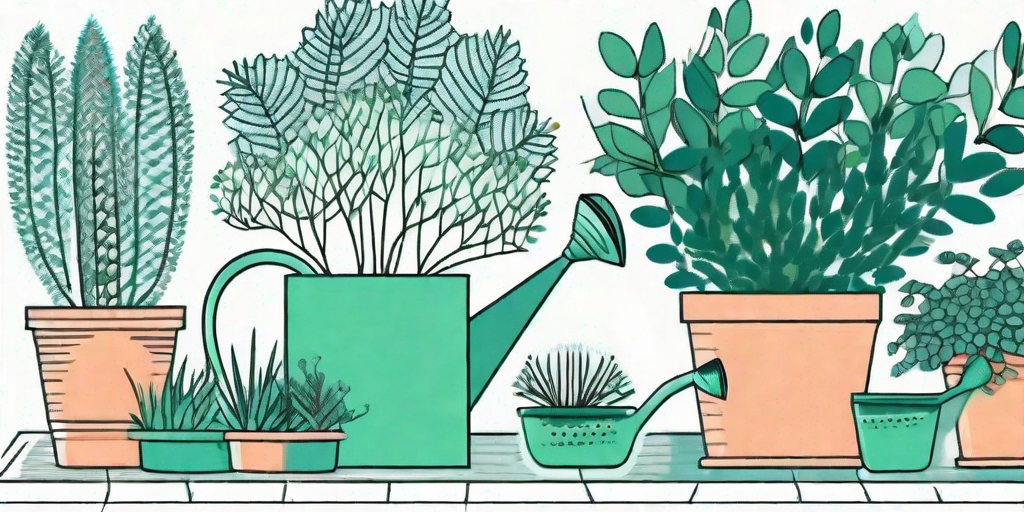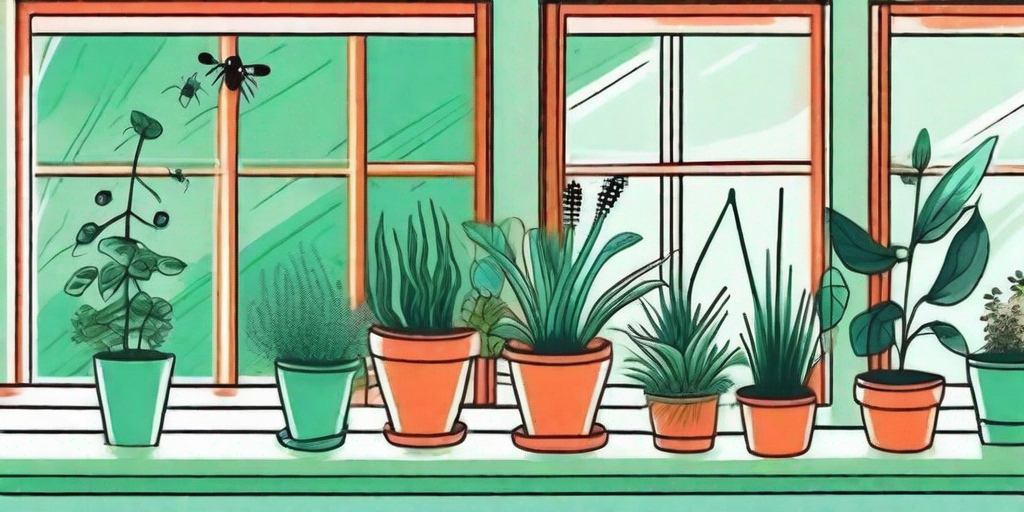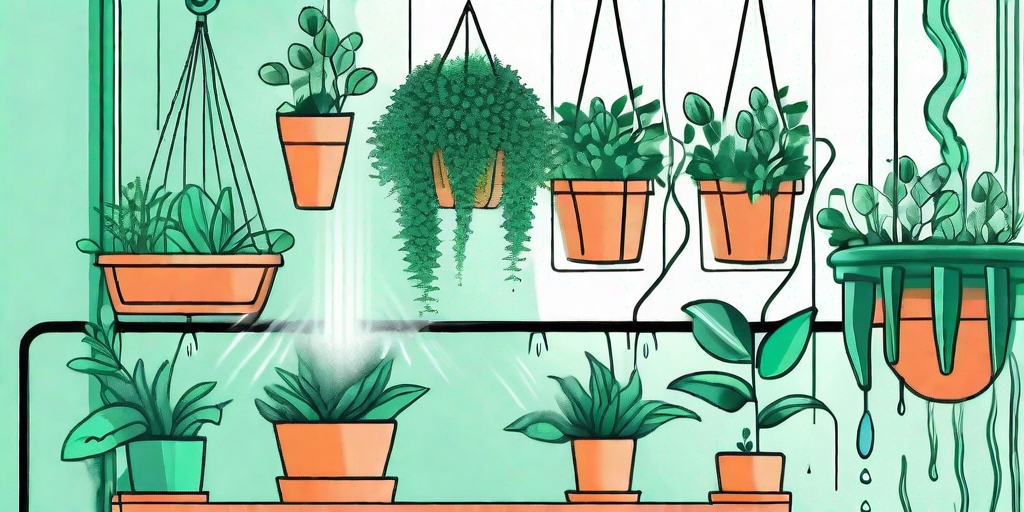
Ah, the age-old question that has plagued horticulturists and plant enthusiasts alike: to fertilize or not to fertilize? When it comes to air plants, this question takes on a new level of complexity. But fear not, dear reader, for we are about to embark on a journey of discovery, humor, and perhaps a little bit of cheekiness, as we delve into the fascinating world of air plant fertilization.
Understanding Air Plants
Before we can answer the question of whether or not to fertilize, we first need to understand what air plants are. Air plants, or Tillandsia, are a type of epiphytic plant. This means they grow on other plants, rocks, or even telephone wires, rather than in soil. They're like the freeloading roommate of the plant world, but much more pleasant to have around.
These unique plants absorb water and nutrients through their leaves, not their roots. Their roots are primarily used for anchoring themselves to their host. So, you might be thinking, "Well, if they get everything they need from their leaves, why would I need to fertilize?" Hold your horses, we're getting there!
To Fertilize or Not to Fertilize?
Despite their ability to absorb nutrients from their leaves, air plants can still benefit from fertilization. Think of it like a multivitamin for your plant. Sure, you could survive without it, but it can help you thrive. However, just like with vitamins, it's possible to overdo it. Too much fertilizer can harm your air plant, leading to leaf burn or even death. So, it's important to find the right balance.
On the other hand, some air plant enthusiasts swear by a no-fertilizer approach, arguing that air plants in their natural habitat don't have access to fertilizer. While this is true, it's also worth noting that air plants in the wild have access to a wider range of nutrients than those in a home environment. So, the decision to fertilize or not is really up to you and your plant's specific needs.
How to Fertilize Air Plants
If you decide to go down the fertilization route, there are a few things you need to know. First, not all fertilizers are created equal. You'll want to look for a fertilizer that's specifically designed for air plants or bromeliads. These fertilizers will have a lower concentration of nutrients, which is ideal for air plants.
Second, you'll want to dilute your fertilizer. A good rule of thumb is to use 1/4 of the recommended amount. This will help prevent leaf burn and other damage. To apply the fertilizer, simply mix it with water and soak your air plant as you normally would.
When to Fertilize Air Plants
Just like with humans, timing is everything when it comes to feeding your air plants. The best time to fertilize is during the growing season, which is typically in the spring and summer. During this time, you can fertilize once a month. In the fall and winter, it's best to cut back or stop fertilizing altogether, as your plant will be in a dormant state.
FAQs
Can I use regular houseplant fertilizer for my air plants?
While it's possible to use regular houseplant fertilizer, it's not recommended. These fertilizers tend to be too strong for air plants and can cause damage. Instead, look for a fertilizer that's specifically designed for air plants or bromeliads.
What if I over-fertilize my air plant?
If you notice signs of over-fertilization, such as leaf burn, it's important to rinse your plant thoroughly to remove any excess fertilizer. Then, cut back on your fertilization schedule or stop fertilizing altogether until your plant recovers.
Can I fertilize my air plant if it's flowering?
Yes, you can still fertilize your air plant when it's flowering. In fact, fertilization can help promote healthy, vibrant blooms. Just be sure to use a diluted fertilizer to avoid damaging the delicate flowers.
Conclusion
So, to fertilize or not to fertilize? That is the question. The answer, it seems, is not as straightforward as we might like. It depends on your specific plant, its environment, and your personal preference. But with a little bit of knowledge and a dash of humor, you can make the right decision for your air plant. And remember, when in doubt, it's always better to under-fertilize than over-fertilize. Your air plant will thank you!
So, whether you're a seasoned air plant enthusiast or a newbie just dipping your toes into the world of Tillandsia, we hope this guide has shed some light on the mysterious world of air plant fertilization. Happy growing!















